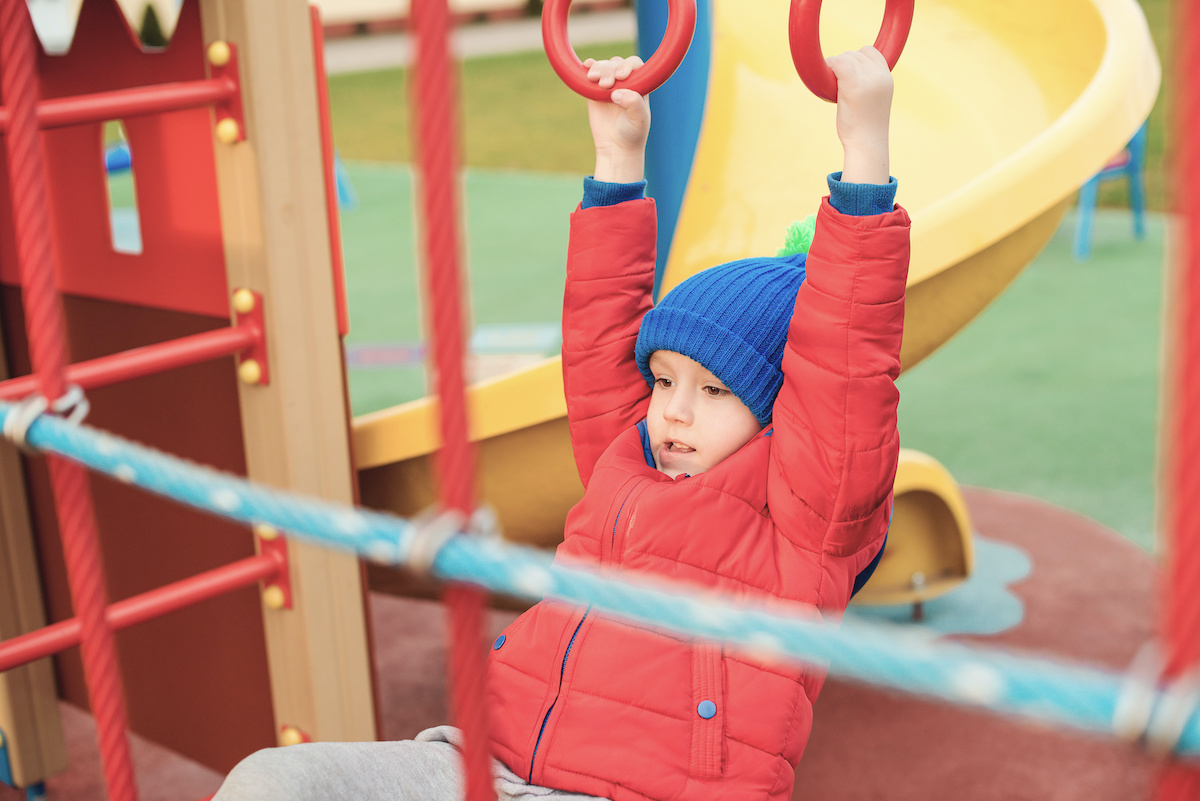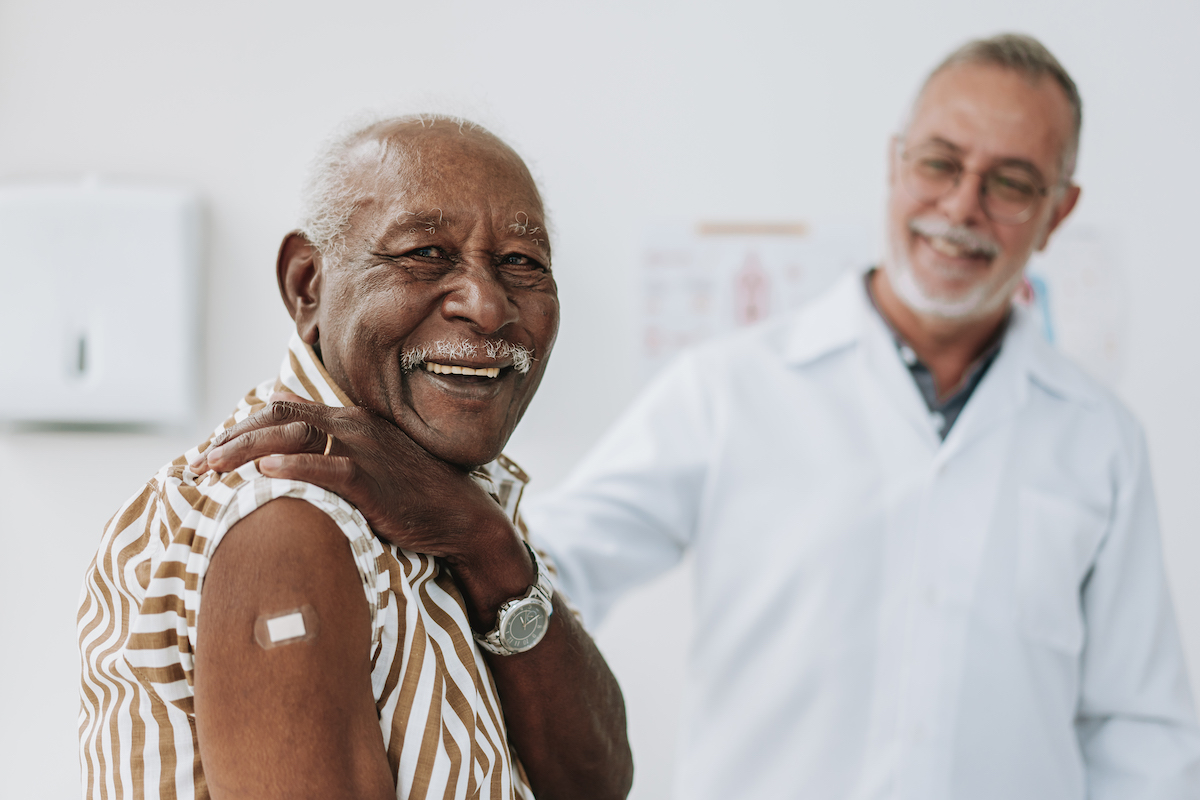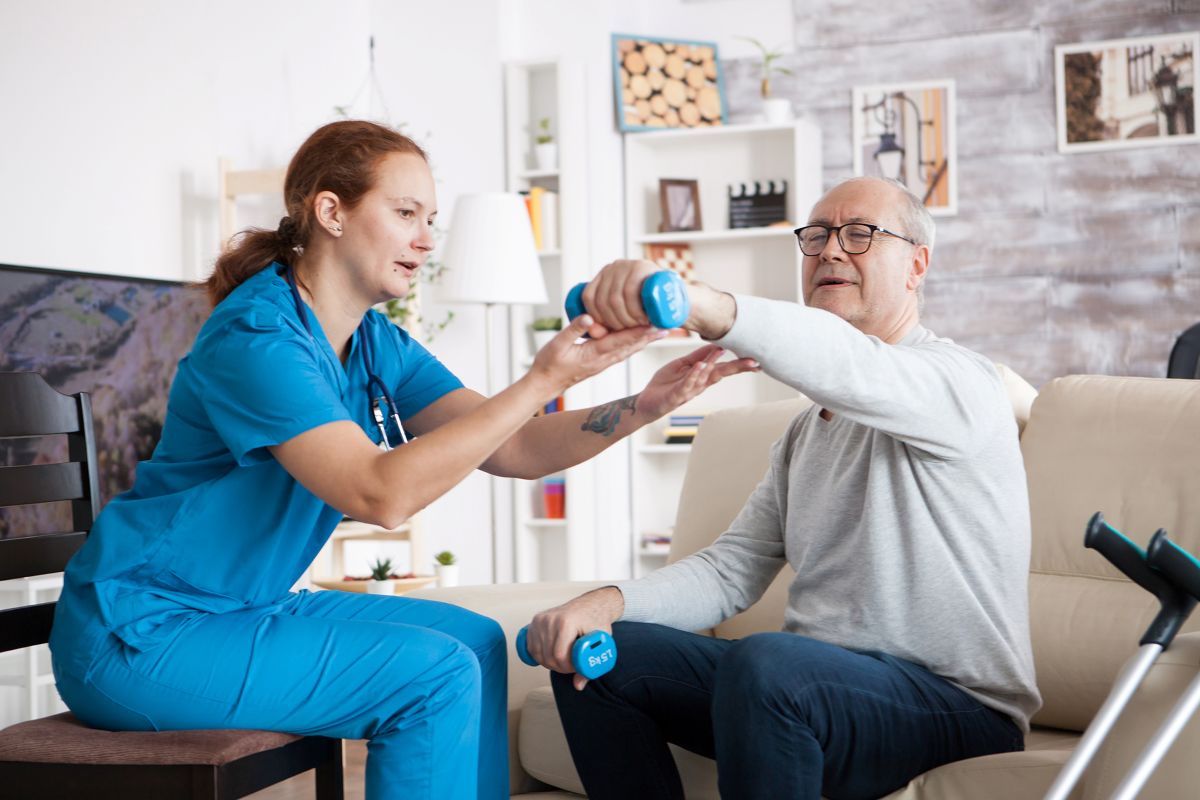
Developing New Year’s resolutions is often on to-do lists when the clock struck midnight on Jan. 1. Goals focusing on health and well-being are often at the top of those lists. But resolutions aren’t just for adults—kids can make them, too. Johns Hopkins Children’s Center experts offer parents tips for helping their children create resolutions for healthier habits in 2025.
Eating Healthier in the New Year: Making healthier food choices, staying hydrated and eating a diet full of nutritious foods such as fruits, vegetables, and whole grains, with minimal processed foods and sugar, is key to maintaining a healthy lifestyle. Johns Hopkins Children’s Center pediatric endocrinologist Stephanie Green is available to discuss ways to help children eat nourishing foods and have a well-balanced diet, and make eating nutritious foods fun.
Staying Active in the Year Ahead: Whether taking a walk or biking instead of driving, when possible, taking stairs more than elevators, or getting children involved in sports or other activities, encouraging kids to get at least 30 minutes of activity each day on average can spark a healthy habit in the new year. Paul Sponseller, chief of the Johns Hopkins Children’s Center Division of Pediatric Orthopaedics, and pediatric sports medicine specialist R. Jay Lee can share insight to help motivate kids to feel stronger and more energized and form lifelong active routines.
Managing Stress, Anxiety and Screen Time in 2025: Stress and anxiety can have a negative effect on children—physically, mentally, and emotionally. Plus, while social media and electronic devices such as cellphones and tablets can make people feel more connected, too much screen time can lead to health concerns, such as sleep or behavioral issues. Johns Hopkins Children’s Center child psychologist Erika Chiappini can provide parents with tips for helping children navigate stress and anxiety, as well as managing screen time, in 2025.











